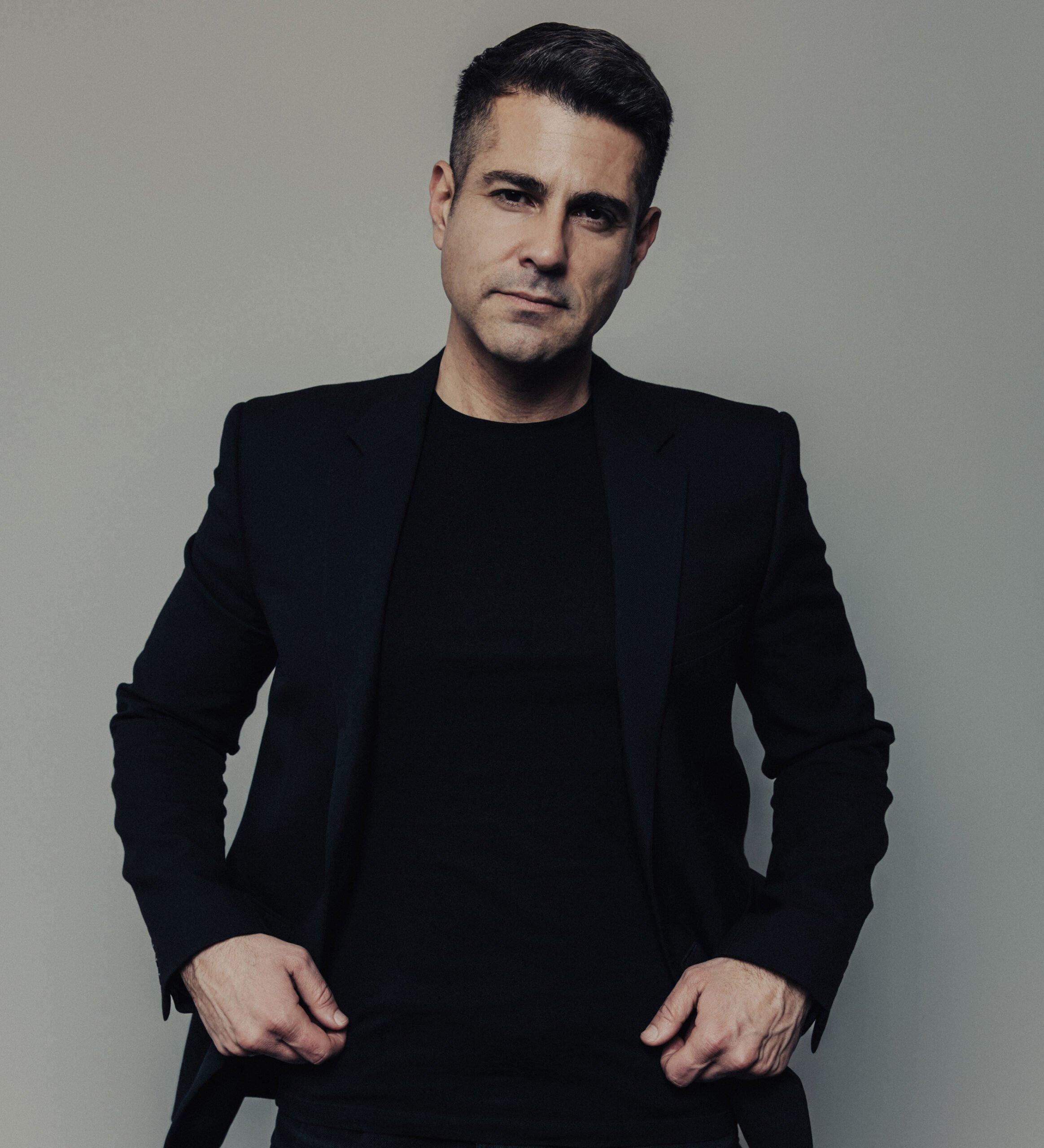The Power List: Hamed Shahbazi
“Private” used to be a dirty word in Canadian medicine. Our top health-care innovator is trying to change that.

Share
April 1, 2024
In 1997, the day after he completed his civil engineering degree at the University of British Columbia, Hamed Shahbazi launched Info-Touch Technologies, his first startup. It began as a chain of internet-enabled kiosks in convenience stores across America, designed to help the digitally underserved get online. When the internet went global, Shahbazi pivoted his kiosks to email, PalmPilot syncing, video teleconferencing and, finally, bill payments. His last switch stuck: catering to the many Americans, including immigrants, who lacked bank accounts and needed a way to pay their bills fast, Shahbazi rebranded Info-Touch as Tio—or “uncle” in Spanish. Its revenue grew from $8 million in 2005 to $40 million in 2013 and, in 2017, PayPal bought the company for $304 million.
Shahbazi’s current focus, Well Health, has undergone rebranding of its own. In 2010, it was Wellness Lifestyles, a network of yoga studios. But, in 2013, after Shahbazi’s mother was diagnosed with frontotemporal dementia—the same disease Bruce Willis has—Shahbazi got a crash course in the brutal inefficiencies of Canadian health care (namely, struggling to get a firm diagnosis and coordinating care between different providers). Shahbazi dug into the problem: health-care modernization lagged everywhere, but Canada was really behind. According to a 2015 Commonwealth Fund survey, only a quarter of our primary-care physicians received computerized reminders for screening tests, and just 19 per cent could share patient summaries electronically with doctors outside their practices. As Shahbazi puts it: “We were doing everything online, except health care.”
While publicly funded, the majority of primary-care practices are owned by individual doctors and their investors. And between data-privacy concerns, new workflow tools and the whisper (at the time) of virtual care, the business of being a family doctor had become a lot more complicated. Shahbazi, an entrepreneur himself, thought they might be interested in tech solutions sold at scale. He was also aware that health care represented a huge slice of Canada’s budgetary pie: 35 to 43 per cent of provincial and territorial budgets, and nearly 12 per cent of the country’s GDP—roughly $230 billion in 2017.
In 2018, Well Health’s first year of business, the company bought 19 primary-care clinics across the Lower Mainland. By 2019, it was acquiring software providers for electronic medical records. Soon came a telehealth platform, diagnostic and specialty-care clinics, cybersecurity companies, billing technology and an American provider of anesthesia services. By 2021, Well Health had acquired the Ontario diagnostic imaging and cardiology business MyHealth, making it the largest owner-operator of outpatient clinics in the country. Per its latest earnings report, Well Health achieved record revenues of $776 million in 2023. It’s on track to exceed $950 million this year.

Earnings, revenue, acquisitions—Canadians have historically been uncomfortable with financials muddying up our universal health-care system, which, in spirit, bases access to care on need rather than the ability to pay. But with average wait times reaching 27.4 weeks in 2022—the highest among a group of 30 countries with universal health care—the great public-private care debate has never had so much fuel. According to a 2023 Angus Reid poll, 33 per cent of Canadians are “curious but hesitant” about privatization. Some new private solutions have already crept in: earlier this year, the Ford government in Ontario introduced plans to offload some public care—MRIs, cataract surgeries, hip and knee replacements—to more private clinics, including MyHealth clinics owned by Well Health. (The company’s stock jumped 16 per cent following the announcement.)
Well Health has emerged as an eager fixer for our doctor-attrition issue. In a statement last fall, the College of Family Physicians of Canada said family doctors in Ontario spend more than two full workdays each week on paperwork; across Canada, docs are leaving the profession faster than they can be replaced. “They’re frustrated that they’re spending so much time running a business that they don’t have time to provide care,” Shahbazi says.
To lighten their load, Well Health recently launched AI-powered tools that assist with charting, documentation, disease detection and inbox management. In February, it introduced a dedicated public-sector–focused group to expedite tech solutions that alleviate pressures on government networks, like waiting room automation, secure messaging and more. Public health authorities in Nova Scotia, Ontario and B.C. already use Well Health subsidiary OceanMD, which enables electronic referrals and lab requisitions. “The truth is,” Shahbazi says, “we need the private side to support Canada’s health-care ecosystem.” A sensitive proposition, but Shahbazi’s always believed change is a good thing.
This story appears in the May issue of Maclean’s. You can buy the issue here or subscribe to the magazine here.